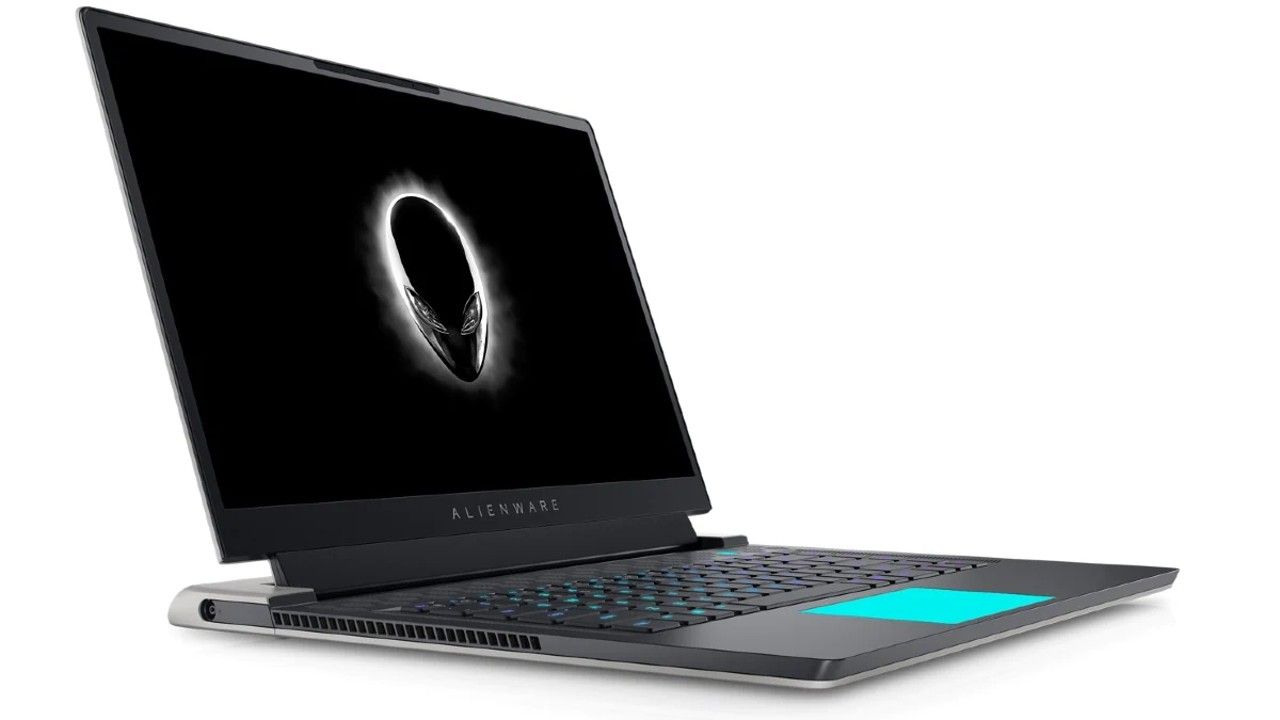
After years of teasers and buildup, Intel has finally launched its first discrete Intel Arc GPUs. Two A-series models, the Arc A350M and Arc A370M will soon be available in thin-and-light laptops, with pre-orders for models from multiple top manufacturers including Acer, Asus, Dell, HP, Lenovo, MSI, Samsung beginning as early as today. More powerful Arc 5 and Arc 7 GPU models for higher-end gaming laptops will follow these Arc 3 GPUs later this year. Details of upcoming desktop GPUs will also be announced later in 2022.
All the laptops with Intel Arc GPUs announced so far feature Intel’s 12th Gen ‘Alder Lake’ mobile CPUs, and many of them are thin-and-light models that qualify for the Intel Evo badge. Intel has announced that OEMs will be able to leverage its ‘Deep Link’ technology to dynamically balance a CPU and GPU within a laptop’s heat and power envelopes to optimise performance for different types of workloads. Arc GPUs and ‘Alder Lake’ CPUs with integrated graphics capabilities can also work together to speed up certain video encoding and AI workloads, thanks to their shared Xe architecture.
DirectX 12, variable rate shading, and ray tracing are supported across the lineup, though Intel’s XeSS image upscaling tech will not launch alongside this first set of chips. The company also touts its support for hardware AV1 video encoding and today’s newest HDMI and DisplayPort standards.
Intel’s new Arc Control software will serve as a gamer hub with community features, streaming and camera controls, performance profiles, and also in-game events and rewards. The company has also committed to monthly driver updates and a close working relationship with game developers, including day-zero patches for newly released titles.
![]()
Specifications of the Intel Arc A-series GPU models
The company promises performance of over 60fps at 1080p in a variety of popular games with the Arc A370M. Creator workloads should also see some benefit.
The two new GPUs announced so far are based on the HPG or High Performance Gaming tier of the Intel Xe architecture stack. Intel had previously announced that its first generation of discrete consumer GPUs would be codenamed Alchemist, with Battlemage, Celestial, and Druid already planned for the coming years. After hiring AMD’s former graphics chief Raja Koduri in 2017 to lead development, Intel had initially announced a 2020 target for its foray into the high-end discrete gaming GPU segment. The Xe architecture scales from integrated GPUs for portable devices to data-centre supercomputer clusters.
While the Arc A350M and A370M feature six and eight Xe cores respectively, the upcoming Arc A550M, A730M and A770M have also been unveiled with 16, 24, and 32 Xe cores respectively. Each Xe core features 16 vector engines for graphics shaders, 16 matrix engines for AI workloads, a 192kb cache. All GPU models have the same number of ray tracing cores. feature GDDR6 graphics memory.
The Arc A350M has a 25-35W power rating while the A370M has a 35-50W rating. That goes up to 120-150W with the highest-end Arc 7 GPU.
Intel also announced that 14 games are so far confirmed to support XeSS later this year. These include Shadow of the Tomb Raider, GRID Legends, Death Stranding, Hitman III and Anvil.
[ad_2]
Source link






